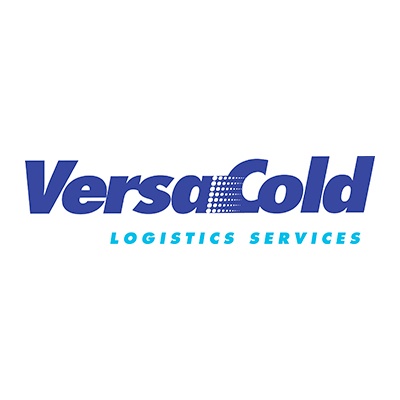
As of June 2015, VersaCold has begun incorporating long combination vehicles (LCVs) into its national transportation network. This move towards LCVs is part of a key initiative to reduce the overall impact of the VersaCold fleet on the environment and move towards lowering the overall fuel consumption of transportation operations. Today, VersaCold LCVs are operating over 100,000 miles a month, and they provide significant benefits to their valued customers.
What are LCVs? What are their benefits? Read more to find out how long combination vehicles will transform the VersaCold transportation fleet, and what that means for clients going forward.
What Is a Long Combination Vehicle (LCV)?
In Canada, a long combination vehicle is any combination of vehicles over 82 feet in length and will typically consist of a tractor pulling two full-length semi-trailers. A conventional LCV is capable of replacing two 75 foot tractor-trailers and operates by special permit in the provinces of Ontario, Quebec, Manitoba, Alberta and Saskatchewan. Limited use of LCVs is also allowed in British Columbia and Northwest Territories as long as it’s on highway extensions of Alberta’s road system.
Due to the size of the vehicle, not only are driver qualifications stringent but the permits for these vehicles specify various conditions to ensure the safety of Canada’s highways. These conditions include specifying which highways can be driven on, the time of year LCVs can be operated, the speed they can drive, the time of day they can operate and the necessary weather conditions.
What Are the Benefits of LCVs?
First and foremost, the transition to LCVs provides economic benefits to customers. The advent of LCVs allows a business to maintain competitive transportation costs by reducing overall fuel consumption and the number of trucks on the road. In the case of the VersaCold fleet, they are now capable of traveling 100,000 fewer miles to deliver similar volumes than they would have in the past. These cost savings provide real added value to a market that is looking to innovate and find efficiencies in its supply chains.
The adoption of LCVs into the VersaCold fleet has environmental benefits as well. By utilizing less fuel to transport goods, LCVs can reduce the associated greenhouse gas emissions for shipping goods by approximately one-third. (mto.cov.on.ca/English/trucks/ - Look up). According to the Ontario government, “when comparing an LCV to the two tractor trailers they replace, LCVs eliminated 11 million tonnes of greenhouse gas emissions from entering our environment.” These reductions in greenhouse gases are part of a bigger VersaCold initiative to reduce its overall impact on the environment while moving towards the lowering of transportation operations fuel consumption.
If you are interested in reading more about VersaCold environmental initiatives, please click here.
With numerous benefits, both economic and environmental, the adoption of long combination vehicles has been a worthwhile addition to the VersaCold national transportation network. Want to know more about LCVs and how they can help your business? Contact one of our Sales Specialists today and let us show you why we are the right choice for your business. sales@versacold.com or 1-800-563-COLD










